Course Title : Introduction to Philosophy
Arsip:
GAMA-IC
Course Title : Library Management and Design (SPSIP 6273)
Course Title : Environmental Engineering & Physics
Course Title : The Physiology of Trees under Stress
Course Title : Social-entrepreneurship Veteriner
Course Title : Silviculture of Tropical Forest
Course Title : Religion and Human Rights in Southeast Asia
Course Title : Pulmonary Artery Hypertension, from Pathogenesis to Comprehensive Management
Course Title : Human-Environment Relations in Pandemic Times: Indonesia and Germany Compared
Course Title : Animal Physiology

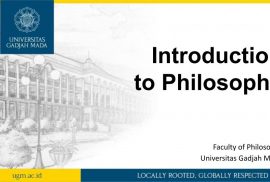
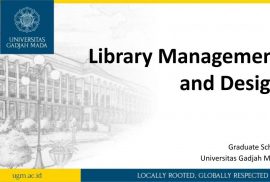
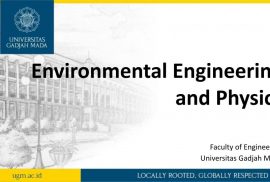
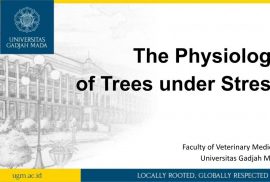
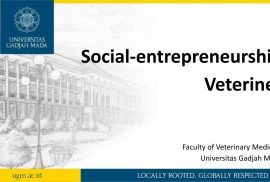
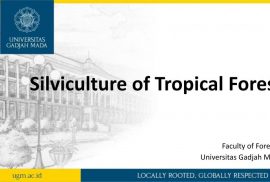
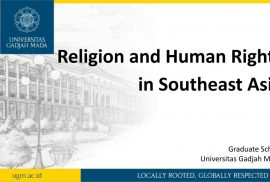

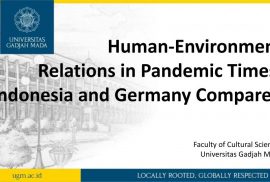
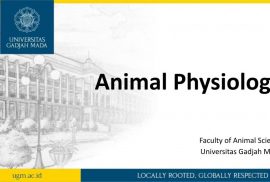
Recent Comments